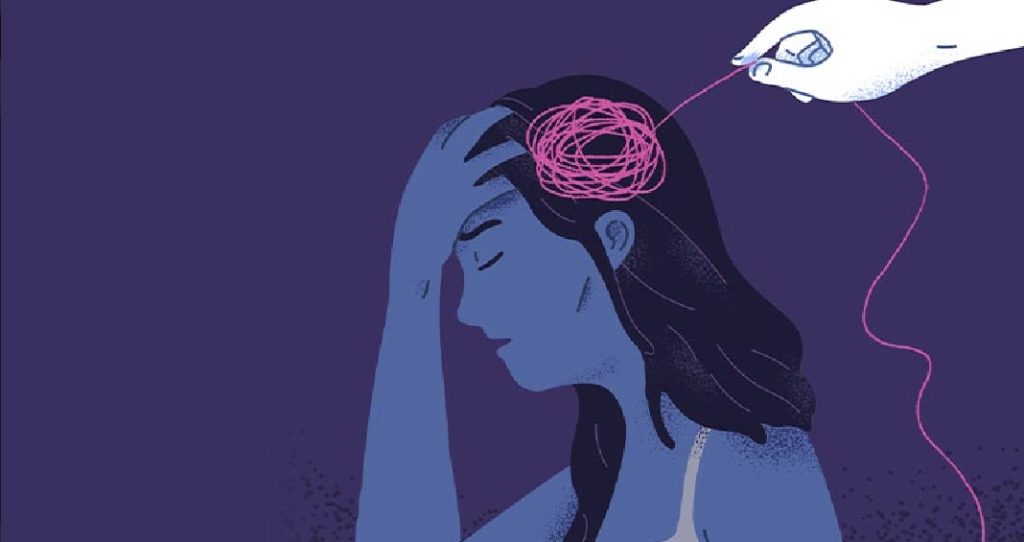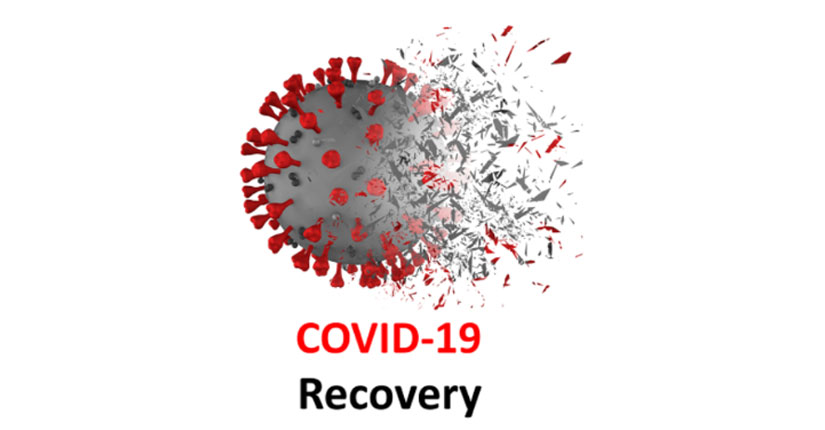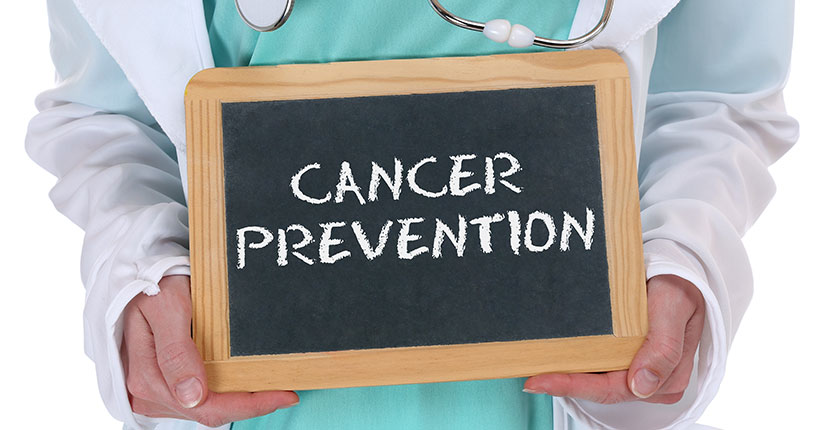3 nutrients to add for mental health
By Nmami Agarwal 28-Feb 2023 Reading Time: 6 Mins

The natural healing force in each one of us is the greatest force in getting well – Hippocrates
Even before mental health became a priority, Hippocrates was aware about how our mental health is connected with our physical well-being.
Mental health includes our emotional, psychological, and social well-being. It affects how we think, feel, and act. It also helps determine how we handle stress, relate to others, and make healthy choices. Mental health is important at every stage of life, from childhood and adolescence through adulthood.
According to WHO, Depression is one of the leading causes of disability. Suicide is the fourth leading cause of death among 15-29-year-olds. People with severe mental health conditions die prematurely – as much as two decades early – due to preventable physical conditions.
Various lifestyle factors play a role in promoting good mental health like –
- Regular exercise, yoga, pranayama
- Healthy diet
- Good quality sleep
- Spending time with loved ones, building healthy relationships
- Taking time to de-stress
- Quit smoking, limiting alcohol intake.
Over the past decade, there has been a steady increase in epidemiological studies investigating the relationships between dietary patterns and mental states. Both cross-sectional and longitudinal studies have shown that the more one eats a Western or highly processed diet, the more one is at risk for developing psychiatric symptoms, such as depression and anxiety.
Conversely, the more one eats a Mediterranean-style diet, the more one is protected from developing a mental disorder.
In this article we discuss three important nutrients essential for proper mental health.
- Omega 3 fatty acids
Mediterranean diets where fish and nuts are a main part of the meals have been known to protect against diseases like Alzhimers and Dementia due to the presence of omega 3 fatty acids.
Researchers attribute the decline in the consumption of omega-3 fatty acids from fish and other sources in most populations to an increasing trend in the incidence of major depression.
In depressed patients, daily consumption of dietary supplements of omega-3 fatty acid that contain 1.5-2 g of EPA has been shown to stimulate mood elevation. Including seeds like chia, flax, walnuts help in adding the required amount of omega 3 in your diet. For non-vegetarians, fatty fish like salmon, tuna are very good sources.
- Tryptophane
Deficiencies in neurotransmitters such as serotonin, dopamine, noradrenaline, and γ-aminobutyric acid (GABA) are often associated with depression. As reported in several studies, the amino acids tryptophan, tyrosine, phenylalanine, and methionine are often helpful in treating many mood disorders including depression.
Tryptophan, a precursor of serotonin, is usually converted to serotonin on digestion which can induce sleep and tranquility. Hence it is normally advised to have turmeric milk before going to bed for people who have sleep disturbances.
Milk has a good amount of tryptophan which can induce good quality sleep. Sunflower and pumpkin seeds are other good sources of tryptophan.
- Folate and B12
Randomized, controlled trials that involve folate and vitamin B12 suggest that patients treated with 0.8 mg of folic acid/day or 0.4 mg of vitamin B12/day will exhibit decreased depression symptoms. Supplementation with cobalamin enhances cerebral and cognitive functions in the elderly.
Folate’s critical role in brain metabolic pathways has been well recognized by various researchers who have noted that depressive symptoms are the most common neuropsychiatric manifestation of folate deficiency.
Including foods rich in folate like leafy vegetables, nuts and seeds, whole grain cereals and legumes will aid in satisfying the daily requirement of folate.
B12 sources are mostly from animals – dairy, chicken, fish, eggs, organ meats like liver, some mushrooms. If you are a vegan, then B12 supplements have to be taken to satisfy the requirement.
Apart from the nutrients mentioned above, there are many other nutrients that help in cognitive function and prevent damage to our brain cells. Also, proper digestion, exercise and good sleep are equally important to maintain mental health.





















